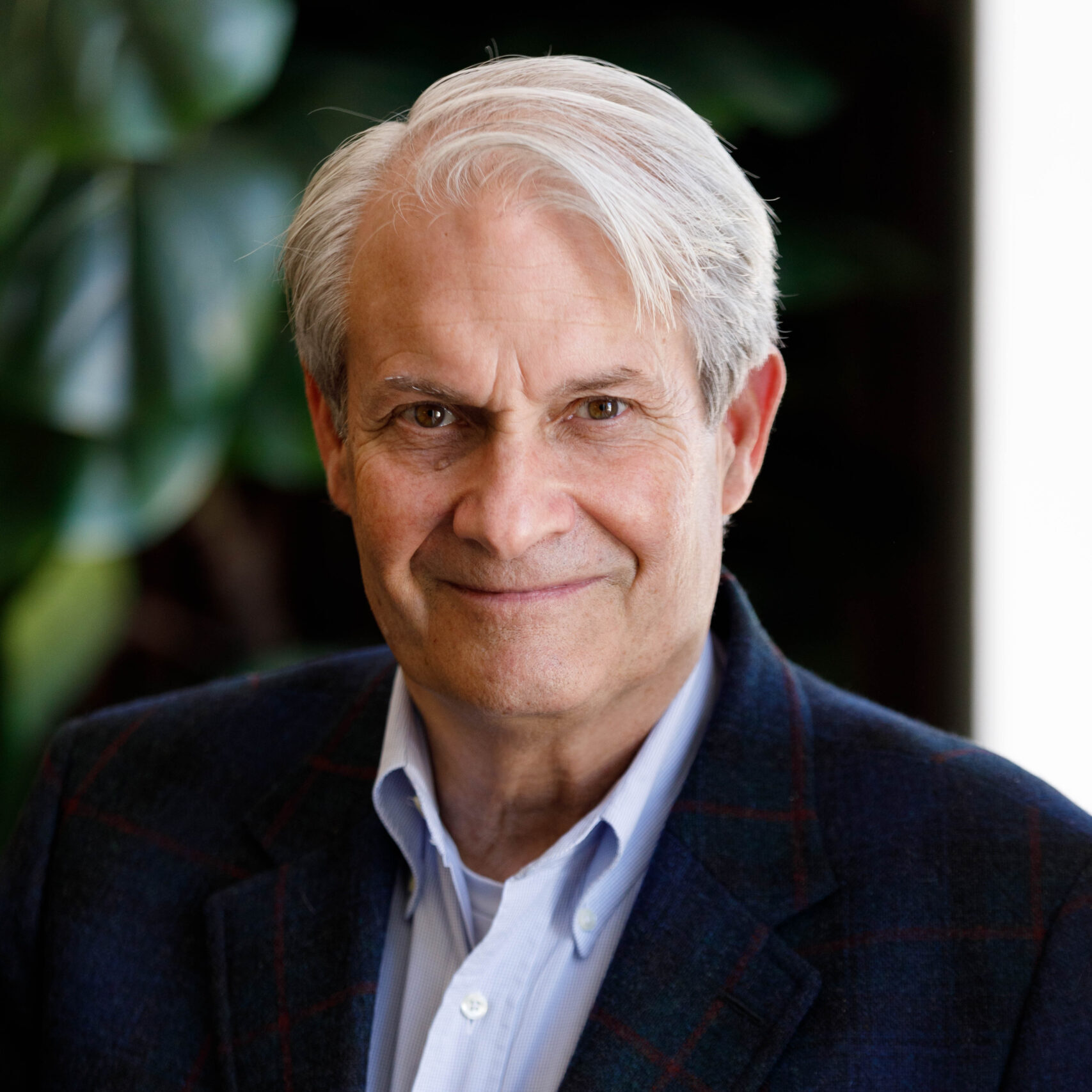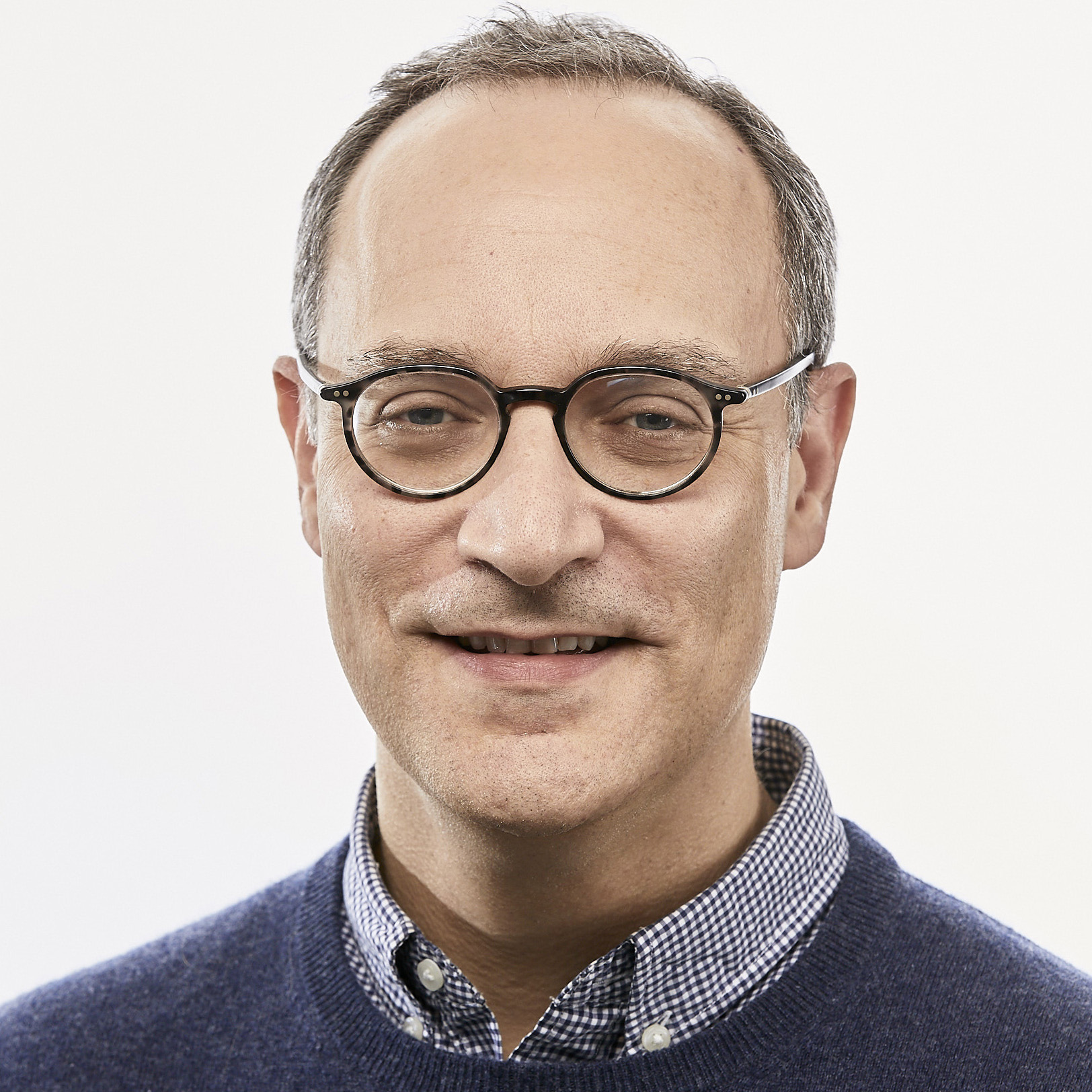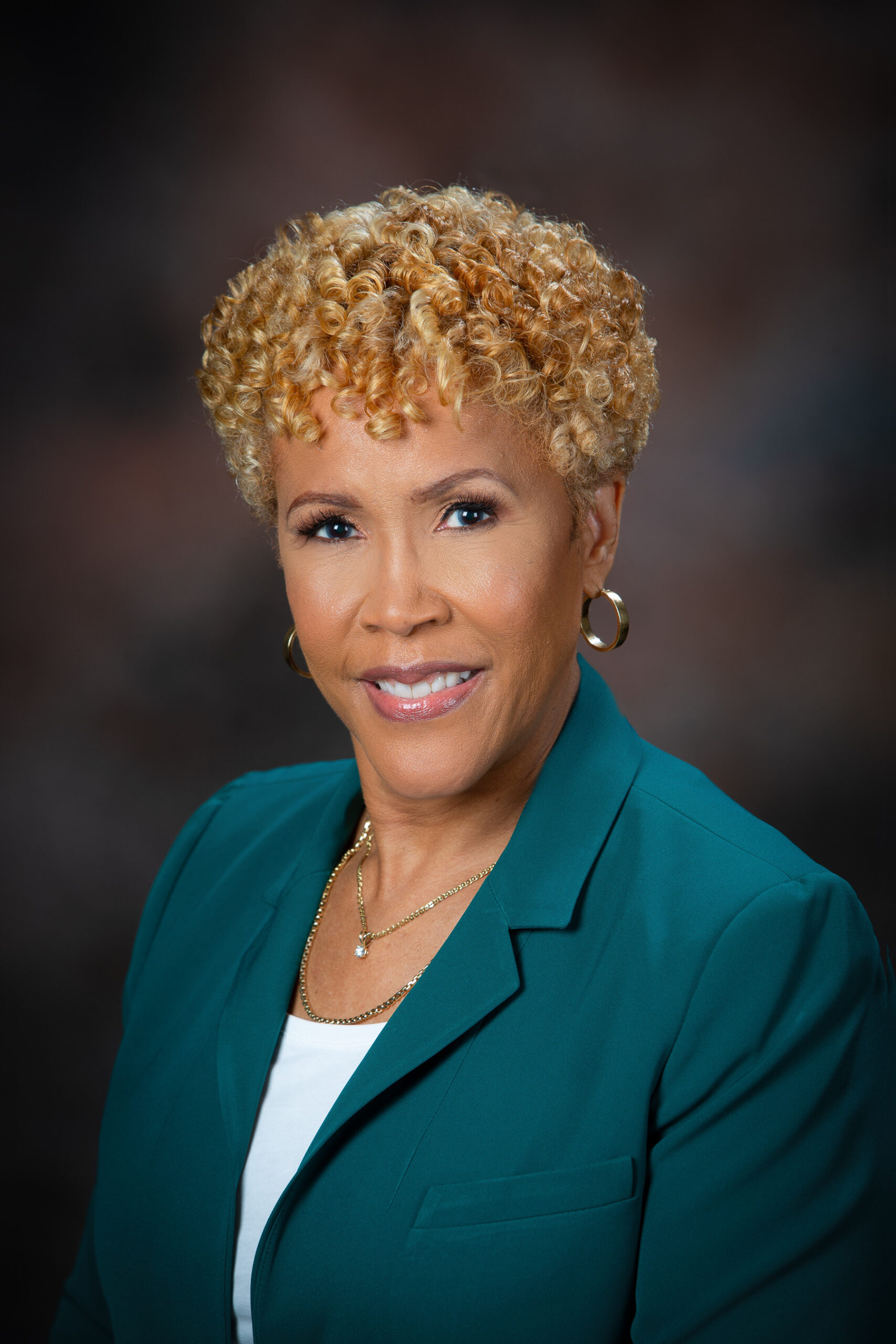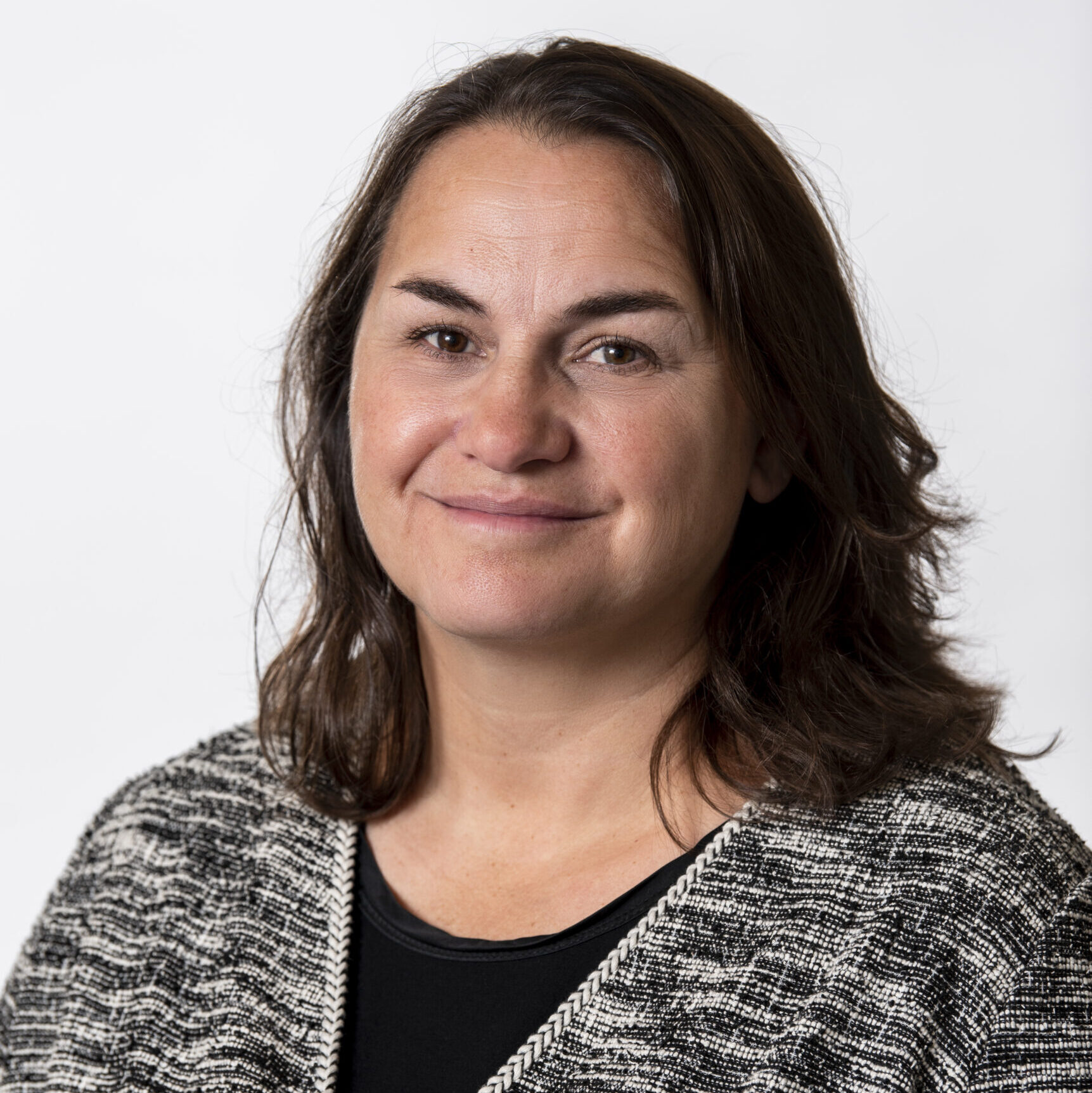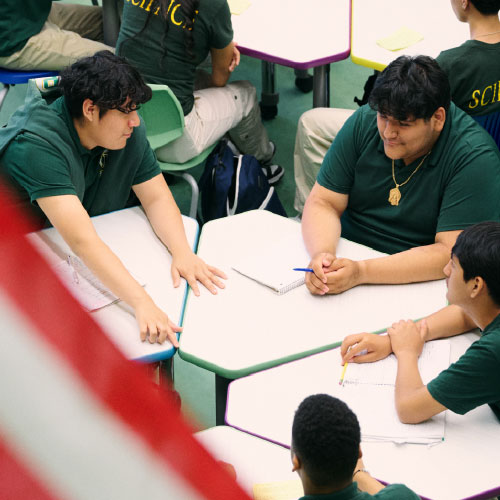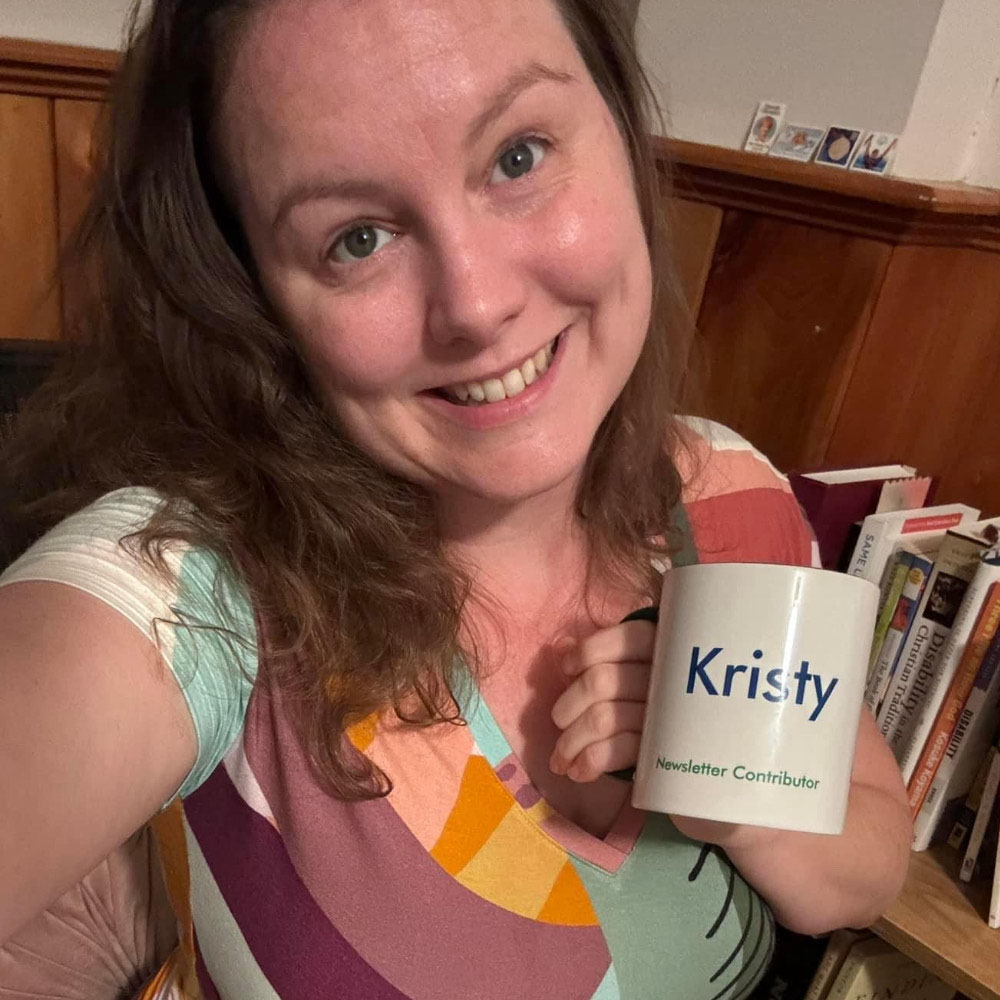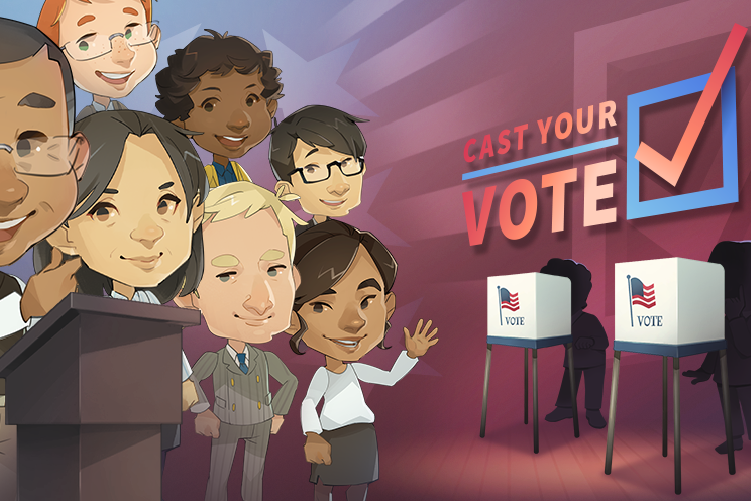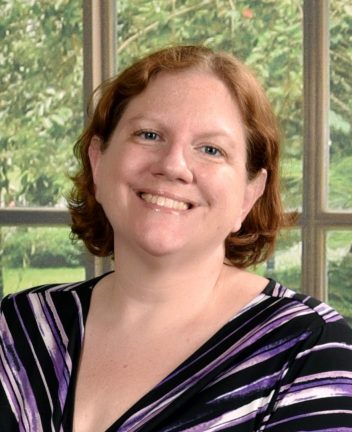Barbara Jenkins, Ed.D., has been dedicated to serving the needs of students for more than 30 years. In 2012 she was named superintendent for Orange County Public Schools (OCPS), the eighth largest district in the nation, proudly serving 206,000 students. She retired from OCPS in December 2022.
Under Jenkins’ leadership, the district won the prestigious Broad Prize for Urban Education. The district also received the Governor’s Sterling Award and attained District Accreditation from AdvancED for its best practices in the education field. The Sustained Excellence Award was attained for exemplary performance using research-based best practices in business. The district passed a second half-penny sales tax referendum for capital projects totaling $2.4 billion and two property tax referenda for operations projected at $1.2 billion to support a $5.5 billion annual budget. Most importantly, the district reached an unprecedented graduation rate of 97% for traditional high schools during her tenure.
A highly recognized education leader, Jenkins received a presidential appointment to the National Board of Education Sciences in 2017 and received the Baldridge Foundation Award for Leadership Excellence in 2022. She has served as Chairman of the Board for the Council of Great City Schools, representing the nation’s large urban districts. Jenkins is a Chief in Residence and leader of the Women in Leadership initiative of Chiefs for Change, a national bipartisan group of district and state education leaders dedicated to the success of our nation’s youth. Jenkins also serves on the board of trustees and chairs the audit committee for ETS, the world’s largest private nonprofit educational testing and assessment organization.
Deeply engaged in the community, Jenkins has served on the boards of Advent Health, Orlando Economic Partnership, United Arts of Central Florida, Central Florida Regional Commission on Homelessness and the Orange County Youth Mental Health Commission. Jenkins is a graduate of the University of Central Florida.
